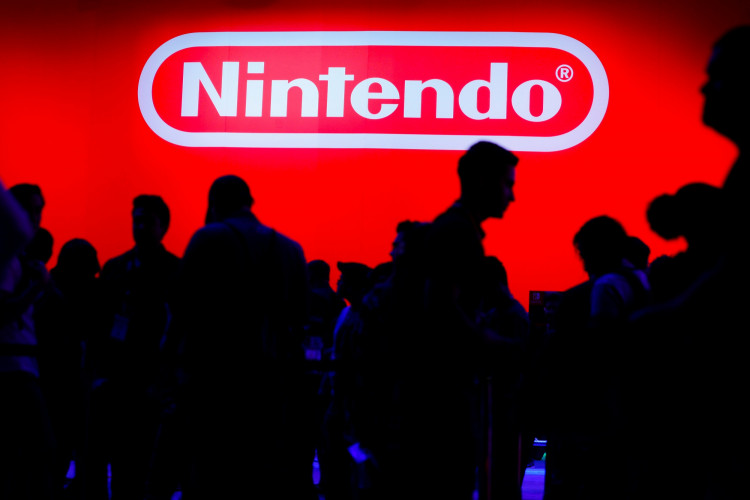While nearby countries like China and South Korea have recently implemented severe limits on teenage gaming, with varying degrees of success, some Japanese families believe they are being left to handle the issue on their own.
Japan has long been associated with gaming, but some experts and parents worry that a growing addiction problem is overlooked.
A group gets together once a month in Tokyo to share experiences and discuss how to deal with their kids' gaming tendencies. Sakiko Kuroda, the organization's founder, claims that such restrictions have caused many youngsters in Japan to play video games for longer and that they now begin doing so in elementary school.
There is "a lack of action by the government and the gaming industry," according to Kuroda, who founded the organization in 2019 as an unofficial meet-up. Many parents are unsure of how to handle the problem.
According to the World Health Organization, "gaming disorder" is a behavior that lasts at least a year and causes "significant impairment" in areas like relationships, education, or employment. It is difficult to quantify the issue because gaming can overlap with other online activities like social media use, but anecdotal information from doctors suggests more Japanese families are concerned - particularly since the outbreak.
In a poll conducted by the education ministry in April, youngsters aged six to twelve now game for 17% of their waking hours, up from 9% in 2017. Children aged 12 to 15 also saw a comparable increase.
In November, China declared that it had "solved" the problem of childhood gaming addiction by limiting the number of time kids can spend playing online games to just three hours per week. This restriction is enforced using facial recognition software and ID registration.
A decade-long ban on PC-based online gaming for kids under 16 between midnight and 6 am was, however, lifted in South Korea last year. The prohibition had been criticized by the local media as being out-of-date and ineffectual.
Similar regulations have never existed in Japan, and even a hotly contested local ordinance from 2020 that forbade children under 18 from playing for more than an hour on weekdays lacked an enforcement mechanism.
Parents and specialists agree that additional issues, like bullying or stress due to COVID, might drive children's gaming to become obsessional. A 13-year-old girl's mother told AFP that her daughter used video games as a "lifeline" while she was having academic difficulties. Others who have developed a gaming addiction claim that it saved them during tough moments.






